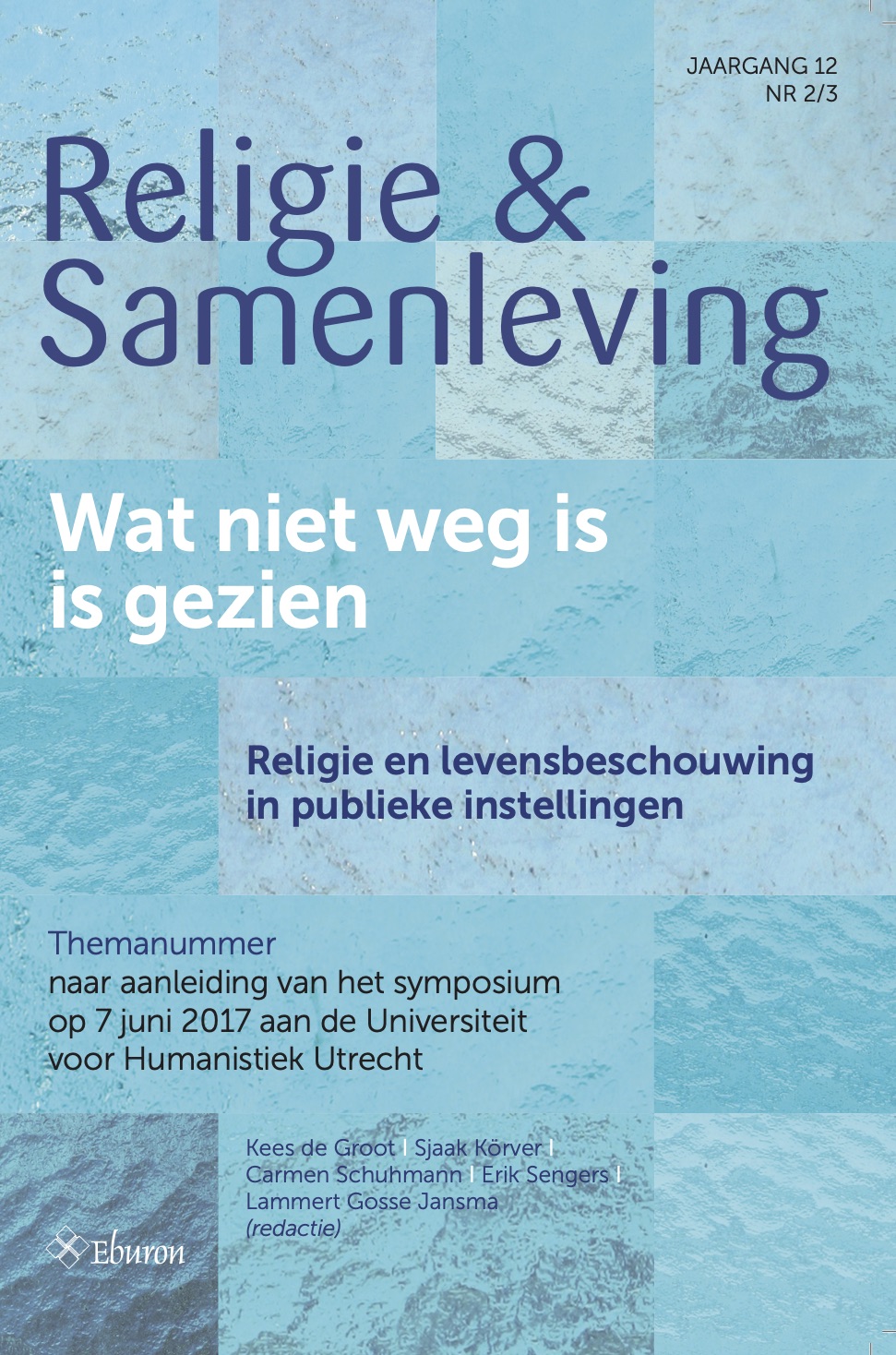Op onbekend terrein?
Moreel beraad vanuit het perspectief van tragiek: Wat betekent dit voor geestelijke verzorging?
DOI:
https://doi.org/10.54195/RS.12120Samenvatting
This article investigates the role of moral case deliberation (MCD) in dealing with tragic situations. It focuses on experiences of care givers involved in the treatment of a pregnant woman with a brain tumour, and their evaluation of a series of MCD meetings in which the dilemmas around care were discussed. A case study design is used by conducting semi-structured interviews (n=10) with health care professionals who both played a role in the treatment of the patient and attended the MCD. The results show that MCD helps people to deal with tragic situations. An important element of MCD in this respect is making explicit the dilemma and the damage, demonstrating that there is no simple solution. MCD prompts participants to formulate and share personal experiences with one another and thus helps to create a shared perception of the situation as tragic. The article concludes that MCD contributes to the sharing of tragic experiences, and fosters mutual interaction during a tragedy. The ability of spiritual caregivers with their substantive knowledge of life questions can support the moral deliberation on a tragic case. This substantive knowledge brings the spiritual caregiver into familiar territory. The knowledge of methodology and structure of MCD and the handling of values determined in experiences of contingency in MCD are, however, competencies that can be more developed by the spiritual caregiver.




